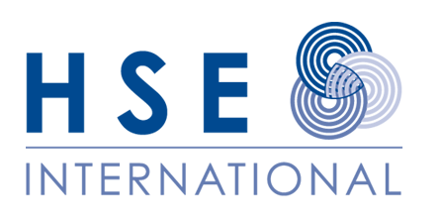The decline in oil prices has resulted in some companies decreasing investments, and some even cutting back expenditures. Safety, the environment, and the industry reputation are of concern as companies cut costs during declines. Accidents continue occurring, indicating that the safety and environmental risks – and challenges of the oil and gas life cycle will continue regardless of oil prices.
The industry has already gone through significant oil and gas price swings and critical global events several times, and we should learn from past lessons. HSE risks and challenges increase with low oil prices. In fact, the situation now is significantly augmented due to the job losses and wider economic impacts of the COVID-19 induced economic volatility.
Lower prices and economic volatility often translate into job and maintenance cuts; some workers get distracted with the prospect of potentially losing their jobs, and others may start taking more risks to preserve their positions. The situation may be increased by conflicting communications coming from the top to maintain production while cutting costs.
The industry has already gone through significant oil and gas price swings and critical scenarios several times, and we should learn from past lessons.
Looking forward, global energy demand will continue to grow but at a slower pace due to greater efficiency, slower population and economic growth, and new and improved technologies. And although more energy will be needed in a lower carbon way, the oil and gas industry will continue to play an important role in the energy portfolio and hydrocarbons will still account for just about half of the total energy mix in 2050.
The current slowdown in investment will translate into falling production, requiring the drilling of more wells to keep up with upcoming future demand.
The industry's most important and valuable resource is its people. The message from management to the workers on the ground must be one of paying much more attention than ever to safety, environmental protection, and responsible operations while running more efficient operations and maintaining focus on operational integrity. The same message must be passed on to drilling and service companies, especially when contracts and prices are renegotiated.
Bottom line, it is imperative to maintain focus on safety, the environment, and responsible operations regardless of the present price of oil. The message and actions coming from the top leadership at all times must be loud and clear: moving forward with HSE as the number one priority continuing operations in a very efficient and responsible way.


